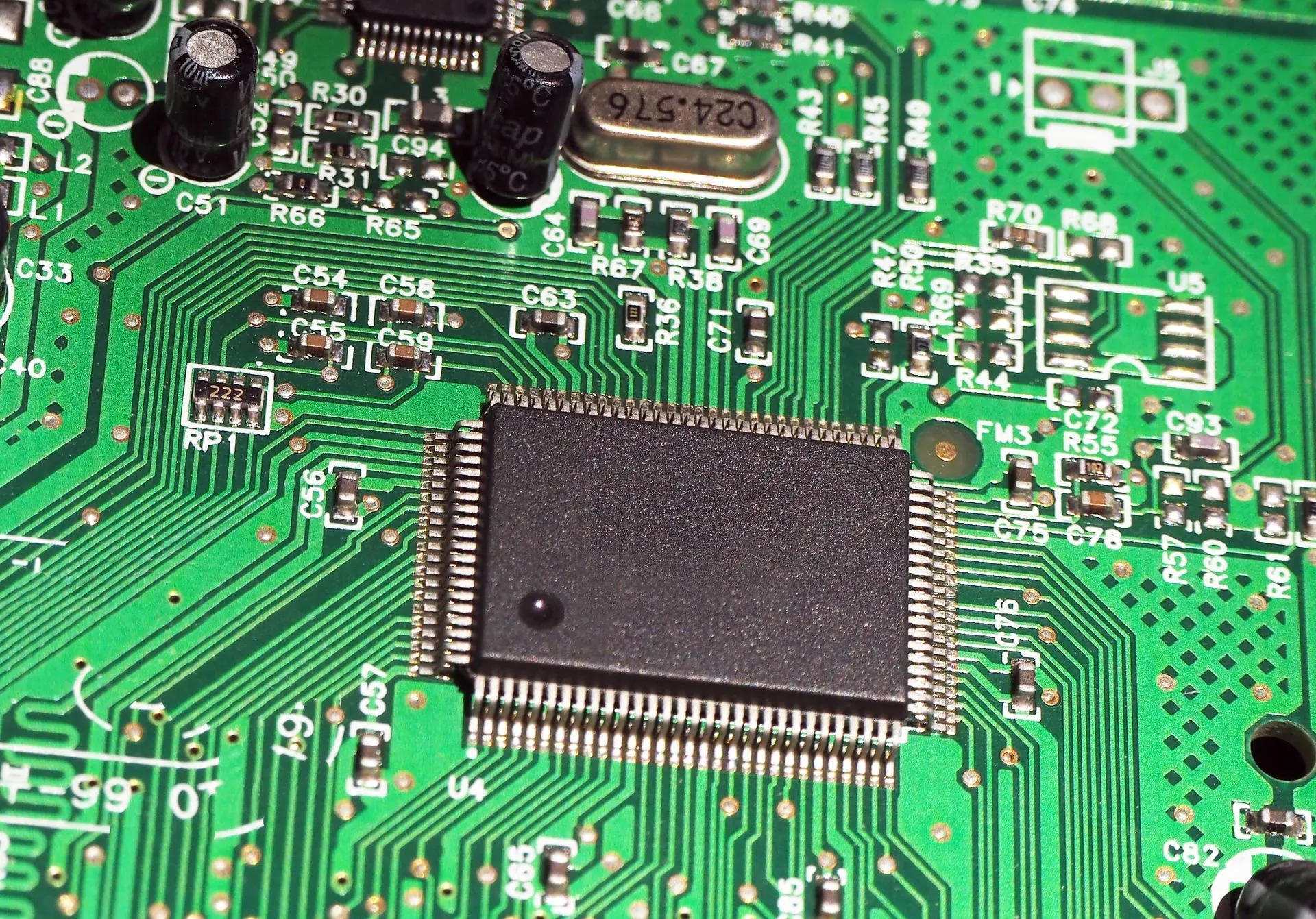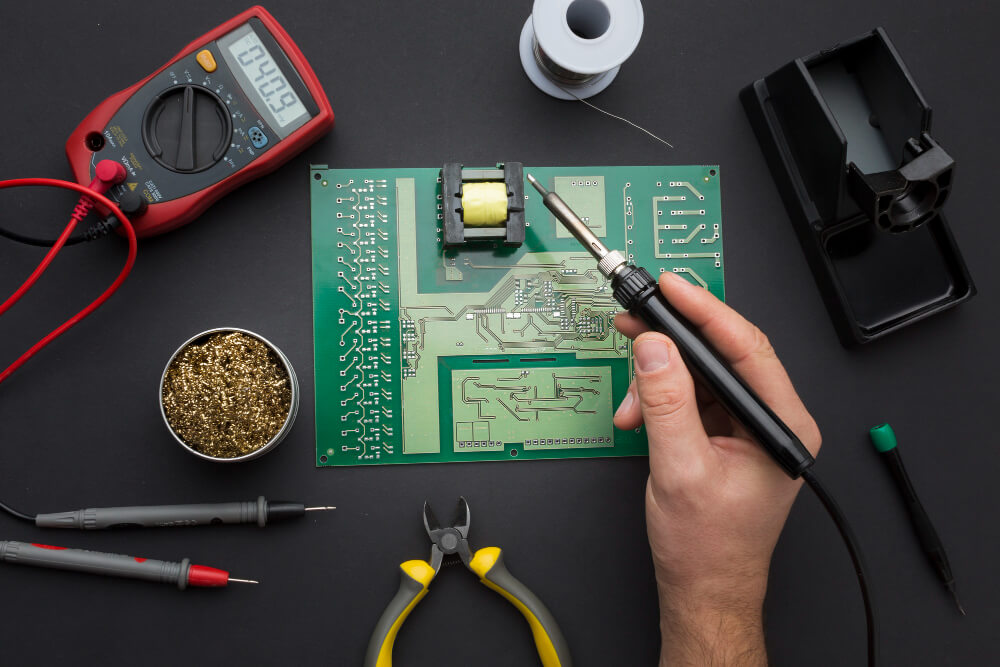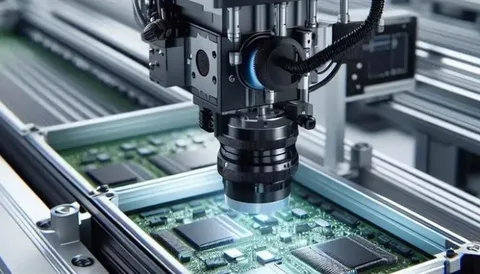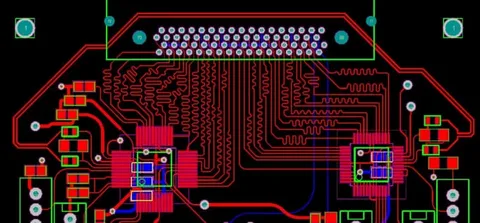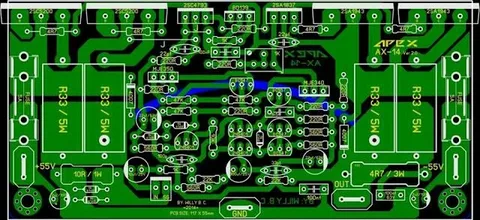Printed Circuit Board Assembly (PCBA) is the process of mounting electronic components such as resistors, capacitors, and microchips onto a bare printed circuit board (PCB). Using techniques such as Surface Mount Technology (SMT) or through-hole soldering, PCB assembly forms the functional core of any electronic device. Without PCBA, the circuits that power modern devices would remain incomplete and unusable.
The Basis of Modern Electronics
PCBA positions all the parts accurately and provides electrical connections between them to transform a bare PCB into an operational board. Whether a consumer gadget, medical device, or aerospace system, PCBA prepares the foundation for reliable and efficient performance.
What Is Box Build Assembly? The Final Step in Product Integration
Box build assembly exceeds PCBA, which involves incorporating fully assembled circuit boards in enclosures along with cabling, wiring, and other electromechanical components. This process turns individual parts into a fully functional, ready-to-use product. From custom housings to organized wiring systems, box build ensures your device is not only functional but also aesthetically polished.
The Box Build Assembly Process: Step-by-Step Breakdown
1. PCB Integration
The process starts with mounting the assembled PCB in its enclosure, with connections to other system parts like power sources and external interfaces.
2. Cable and Wire Harness Assembly
This is the routing and mounting of cables and wires, ensuring efficient power and signal transfer while keeping the area free of clutter.
3. Mechanical Assembly
This is the installation of other components like buttons, connectors, and displays, ensuring proper alignment and mounting.
4. System Testing
The product is tested extensively before it is delivered to the customer for functionality, durability, and conformance to design specifications.
Key Components of Box Build Assembly
Box build goes beyond just putting parts together. The following are crucial components:
PCBs: These are the hearts of the device, making the device work.
Wiring Harnesses: This makes sure that there is well-organized and reliable power and signal flow.
Enclosures: Protects the internal components, provides structural integrity.
Mechanical Hardware: Screws, brackets, and fasteners which hold everything together
Box Build Assembly vs. PCB Assembly: Know the Difference
PCB assembly focuses on populating a printed circuit board with electronic components. Box build assembly brings in the integration of these boards in functional products with layers like cabling, enclosures, and electromechanical systems. PCB assembly, therefore, can be imagined to resemble preparing a gadget’s ‘brain,’ while box build puts that body and functionality together.
What Makes Box Build Assembly a Big Deal in Electronics Manufacturing?
Box build assembly is not only about ease of assembly; it is also about producing market-ready products that are safe, reliable, and efficient. By putting together electronics, mechanics, and design, box build ensures your product meets consumer expectations and industry standards.
Advantages of Box Build Assembly
- Production processes become streamlined.
- Product durability improves.
- Meets environmental and safety standards.
Custom Box Build Solutions for Specialized Applications
Each industry has its specific needs, and custom box build assembly serves those needs. For instance:
- Aerospace Systems: High strength and resistance to extreme conditions.
- Medical Devices: Precision assembly for sensitive equipment.
- Consumer Electronics: Sleek designs with efficient assembly for everyday gadgets.
- Challenges in Box Build Assembly and How to Overcome Them
1. Complex Wiring Systems
Box builds often require intricate wiring layouts. Solutions include advanced wire harnessing techniques to ensure organization and functionality.
2. Heat Dissipation
Overheating can compromise the reliability of the product. An effective thermal management system such as heat sinks and optimized airflow solves this problem.
3. Consistent Quality
Consistency in production batches requires stringent quality control measures and testing protocols.
Why California Leads in Box Build Assembly
California is home to the most advanced PCB assembly and box build facilities, thanks to the strong tech industry. Companies here use cutting-edge technologies and skilled labor to deliver high-quality solutions, making California a global hub for electronics manufacturing.
Future of Box Build Assembly: Innovation Meets Efficiency
With improvements in automation and design software, box build assembly is getting faster and cheaper. From modular designs to AI-driven quality control, the future promises even greater reliability and efficiency in bringing products to market.
FAQs
1. What is box build assembly in electronics?
Box build assembly is the process of integrating circuit boards, wiring, enclosures, and electromechanical components into a complete, ready-to-use product.
2. What’s the difference between PCB assembly and box build assembly?
PCB assembly is more focused on attaching components to a circuit board, while box build integrates that board into a complete product with wiring and enclosures.
3. Is box build assembly custom?
Yes, the manufacturer will tailor the box build according to specific requirements such as unique enclosures, wiring configurations, or industry standards compliance.
4. What types of industries use box build assembly?
All these industries rely on box build assembly for products that are reliable and market-ready in aerospace, medical devices, automotive, and consumer electronics.
5. Why is California the leader in electronics assembly?
The state of California has cutting-edge facilities, skilled technicians, and a strong tech ecosystem, thus making it a hub for innovations in PCB and box build assembly.

